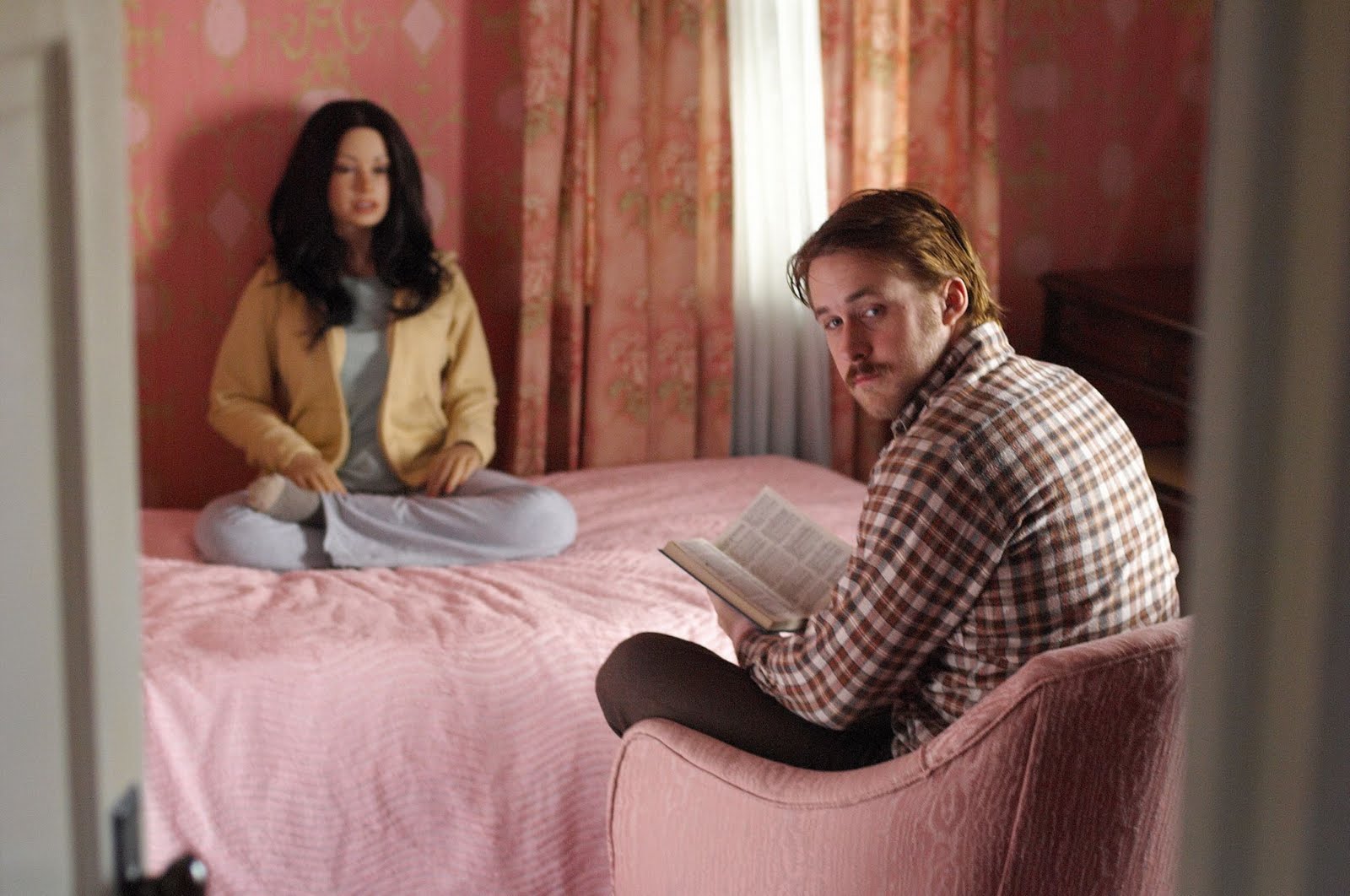
Jessie Close responding to questions

Jessie Close responding to questions

This year, I will celebrate my fortieth anniversary as a journalist/author. Here is a blog that recounts a story from my early days as a reporter in Tulsa, Oklahoma. I hope it makes you smile!
FROM MY FILES: SEX AND THE SADDLE published April 30, 2010
“Why don’t you reporters simply publish the truth?” a frustrated public official once asked me.
Whenever I hear a question like that, I think about an incident that happened when I was a young reporter at The Tulsa Tribune in Oklahoma and a woman called, asking for my help. She explained that her husband was in prison and that she was being sexually harassed by an assistant warden. He had threatened to have her husband beaten unless she had sex with him.

Barn where Lundgren executed the Avery family
A crew from the Discovery network interviewed me last week about my book, Prophet of Death: The Mormom Blood Atonement Killings, which was published in 1991 and is one of my least known books. It’s about a cult murder in Kirtland, Ohio, that involved a self-proclaimed prophet who broke away from the Reorganized Church of Latter Day Saints and murdered a family of five in an attempt to bring about the end of days and return of Jesus Christ.
Because of what happened to my son, when I think of mental disorders, I focus on bipolar disorder and schizophrenia. But if mental illness was involved in the case of Jeffrey Don Lundgren, it came in the form of anti-social personality disorder, narcissism and grandiosity. Because I am not a psychiatrist, I still don’t know if Lundgren had a mental disorder or was simply a con man. What I do know is that he destroyed and greatly harmed many lives, including his own children’s.


The New York Times has done an admirable job since the Sandy Hook shootings in keeping a spotlight on our mental health system. Here’s an exchange about mandated treatment — sparked by a Harvard psychiatrist — that is worth reading.
To the Editor:
Recent tragic events have linked mental illness and violence. Some people — I, for one — consider this link dangerously stigmatizing. People with mental illness are far more likely to be victims of violence than perpetrators. Moreover, psychiatrists have limited capacity to reliably predict violence. Nonetheless, these events increase pressure to identify people who might conceivably commit violent acts, and to mandate treatment with antipsychotic medications.
For a tiny minority of patients who have committed serious crimes, mandated treatment can be effective, particularly as an alternative to incarceration. But for most patients experiencing psychotic states, mandated treatment may create more problems than it solves.
For many medical conditions, better outcomes occur when patients share in treatment design and disease management. Imposed treatments tend to engender resistance and resentment. This is also true for psychiatric conditions.
A regular reader of this blog, Laura Pogliano, appeared on national television last week with her son, Zac, talking about stigma and mental illness. This short news clip is well worth watching!
In an email about the clipping, Laura told me: “The cutting room floor has the best stuff: Zac’s statements on working on his health, his enjoyment of life & and my personal fave: ‘I’m a moral person. Bad people do bad things. Greed is a huge problem. Greedy people do more bad things than mentally ill people do…’ (I love that!) ”
Bravo to both of you!
"Pete Earley is a fair-minded reporter who apparently decided that his own feelings were irrelevant to the story. There is a purity to this kind of journalism..."
- Washington Post"A former reporter, Mr. Earley writes with authenticity and style — a wonderful blend of fact and fiction in the best tradition of journalists-turned-novelists."
- Nelson DeMille, bestselling author"A terrific eye for action and character. Earley sure knows how to tell a story. Gripping and intelligent."
- Douglas Preston, bestselling co-author of The Relic

Pete Earley is the bestselling author of such books as The Hot House and Crazy. When he is not spending time with his family, he tours the globe advocating for mental health reform.
As a former reporter for The Washington Post, Pete uses his journalistic background to take a fair-minded approach to the story all while weaving an interesting tale for the reader.
Sign up to receive blog posts and the latest from Pete including new books and resources.
Copyright © 2025 · Education Child Theme on Genesis Framework · WordPress · Log in